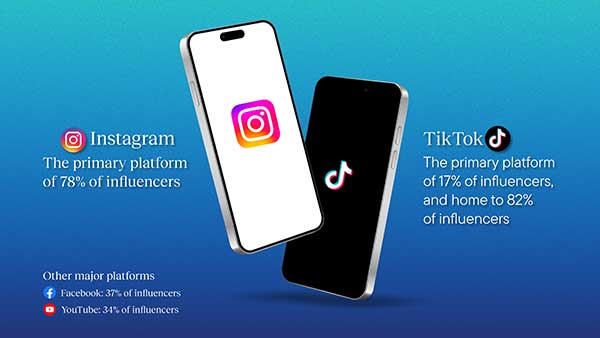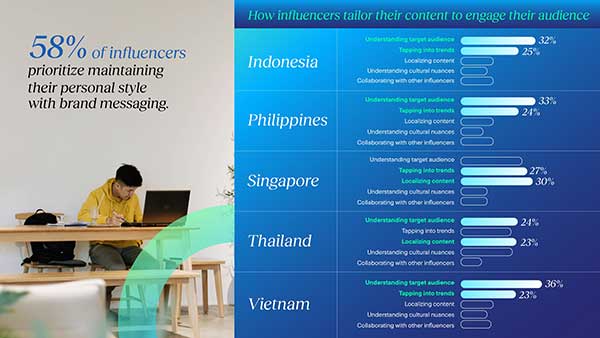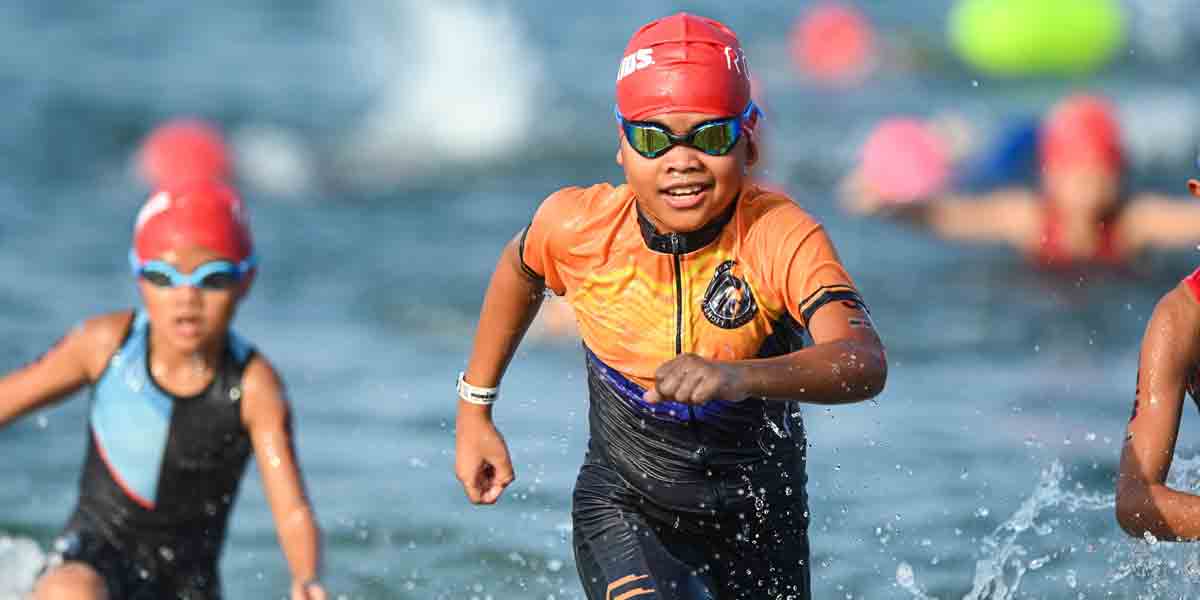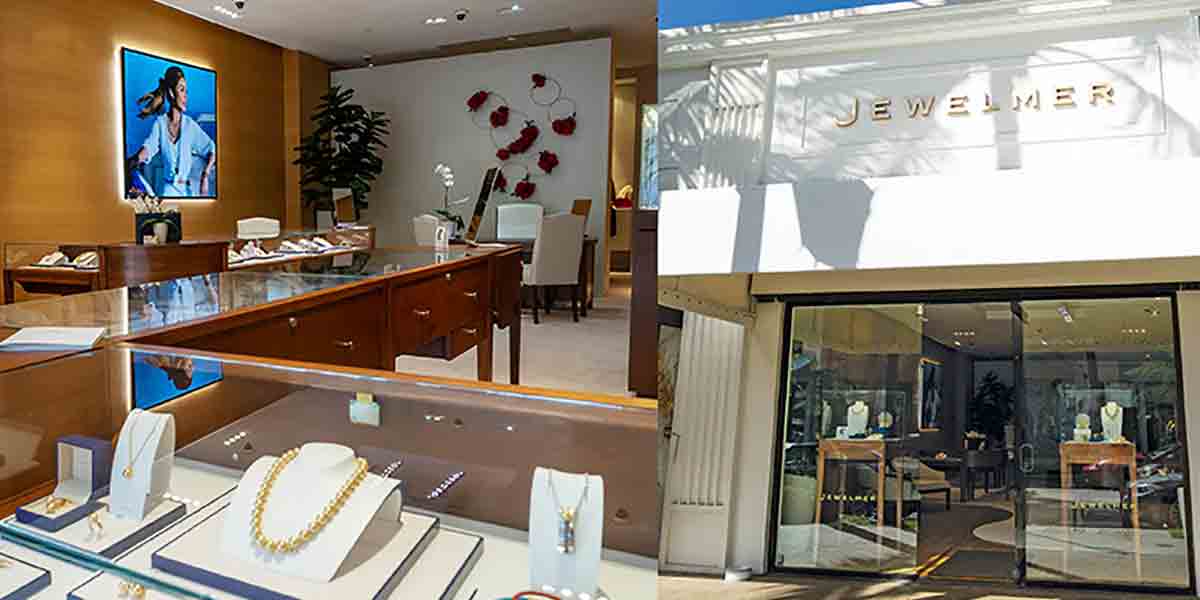
A new white paper from communications consultancy Vero highlights key trends shaping the future of influencer marketing in Southeast Asia, revealing insights into Filipino influencers’ motivations, challenges, and aspirations.
The study, titled “Impact, Engagement, and the Future of Influencer Marketing: Insights from Influencers,” surveyed nearly 150 influencers across Indonesia, Thailand, Singapore, the Philippines, and Vietnam. It underscores the importance of authenticity, storytelling, and creative freedom in influencer-brand collaborations as the industry evolves.
“In today’s fast-paced digital landscape, continuous research is essential to stay ahead of trends and make the most of industry shifts,” said Umaporn Whittaker-Thompson, Chief Commercial Officer and Head of Influence at Vero. “Our survey explores the current state, anticipated changes, and strategic adaptations among influencers in the region, with a goal of enhancing brand-influencer collaborations.”

Authenticity Is Key for Filipino Influencers
The report found that 58% of influencers prioritize maintaining their personal style while aligning with brand messaging. Filipino influencers, in particular, value authenticity, with 41% citing storytelling as the most important aspect of their work.
“By telling unique stories that resonate with their audience, creators can transcend algorithmic barriers and build loyal followings,” said Charissa Sevilla, Vero’s Influencer Relations Specialist. She highlighted how Filipino creators navigate a rapidly changing digital space through compelling narratives.
Challenges in Influencer-Brand Relationships
A lack of creative freedom emerged as the top challenge for Southeast Asian influencers, cited by 29% of respondents, including 37% of those in Thailand. Unrealistic expectations and delayed payments also pose significant issues, with 30% of Filipino influencers identifying late payments as a major hurdle.
Despite these challenges, influencers are eager to collaborate. Nearly 70% of respondents said open communication with brands enhances their sense of value and loyalty. Furthermore, 38% are willing to propose alternative ideas to resolve conflicts in campaigns.

Long-Term Partnerships Over Quick Campaigns
The study found that 26% of Filipino influencers prioritize long-term partnerships with brands over short-term, high-paying engagements. This sentiment reflects a growing focus on sustained authenticity and consistent messaging.
Influencers also value invitations to brand events and collaborations with other influencers, which they see as opportunities to build stronger communities and deepen audience connections.
Emerging Trends: AI and Social Commerce
As influencer marketing becomes increasingly complex, Filipino influencers are eyeing trends like artificial intelligence (36%) and social commerce (33%) as transformative forces in the industry. Many are also emphasizing community-building through influencer-led events and collaborations.
With these insights, Vero launched TrueVibe, a proprietary tool to identify ideal influencer-brand matches. The solution evaluates influencers on six criteria: Reach, Interests, Engagement, Content Quality, Authority, and Values.
“Influencers are the bridge between brands and audiences, and fostering lasting relationships built on trust and creativity will define success in 2025 and beyond,” Sevilla added.






















